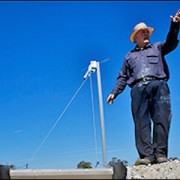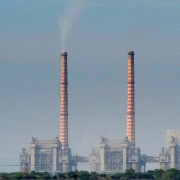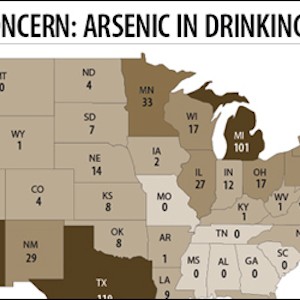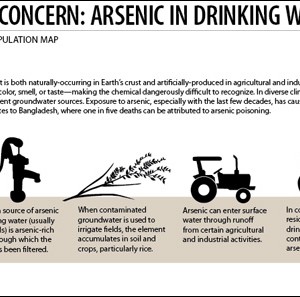The Stream, July 12: The Melting Arctic
TransCanada Corp, the company that hopes to build the Keystone XL pipeline to take crude oil from Canada’s tar sands to Texas, has underestimated the number and volume of spills that could occur on the line, according to an independent analysis by a water resources engineer at the University of Nebraska, Reuters reported. The company strongly disagrees with the results of the study.
Private groundwater wells near shale gas drilling and hydraulic fracturing sites in Pennsylvania have high levels of methane gas, according to a Duke University press release. The researchers found measurable amounts of methane in 85 percent of the samples, but levels were 17 times higher on average in wells located within 1 kilometer of active hydrofracking sites.
Declining water supplies, soaring food demand and high food prices are going to “hammer” developing countries like China, Business Week reported, citing leading industry executives. As Circle of Blue reported in June, droughts and chronic water shortages are already pressuring China to increase food imports.
Evidence of dramatic and accelerating sea ice melt suggests the Arctic may be ice-free within 30 years, the Guardian reported.
The Economist peeks into Australia’s newly announced carbon tax scheme. Will the carbon tax survive the next elections?
The Stream is a daily digest spotting global water trends. To get more water news, follow Circle of Blue on Twitter and sign up for our newsletter.
, a Bulgaria native, is a Chicago-based reporter for Circle of Blue. She co-writes The Stream, a daily digest of international water news trends.
Interests: Europe, China, Environmental Policy, International Security.






Leave a Reply
Want to join the discussion?Feel free to contribute!